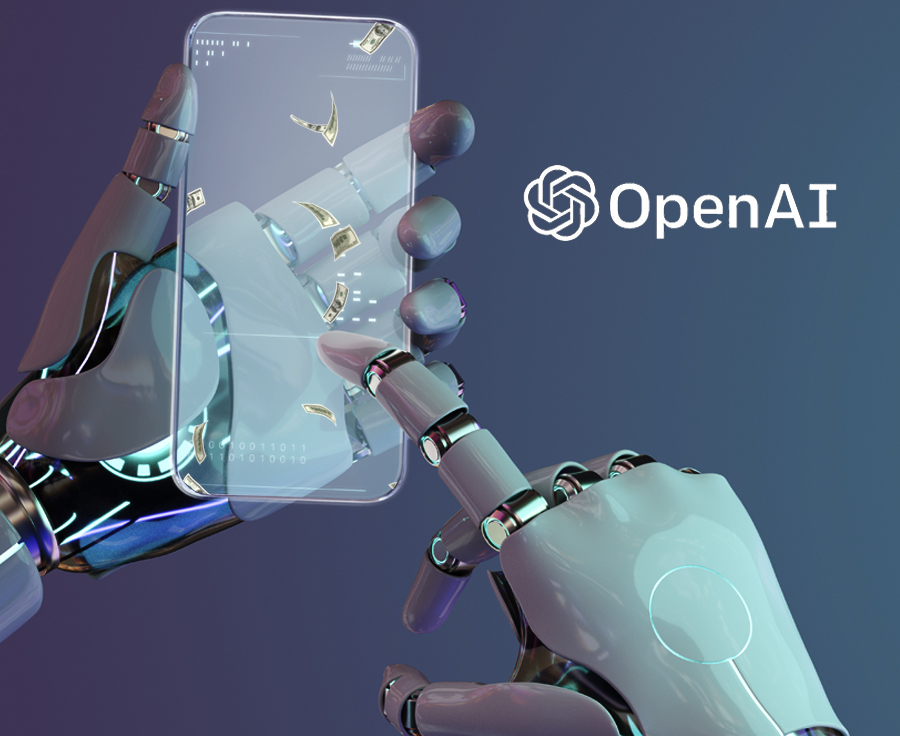ChatGPT’s new personal memory feature
OpenAI is introducing a new personal memory feature for ChatGPT, which aims to improve the chatbot’s ability to remember user preferences, conversations, and other relevant information.

OpenAI is introducing a new feature to ChatGPT, that enables it to store and recall data specifically authorised by the user. The memory enhancement will allow users to explicitly ask ChatGPT to remember something. It works similarly to giving ChatGPT customised instructions while enabling the chatbot to store this information for later questions. This allows the chatbot to give better, more precise and customised answers based on the previous information given by the users.
They can view the objects that ChatGPT is saving as memories, remove specific items from memory, or remove the collection of memories as a whole. Additionally, users will have the option to disable the memory feature and decide whether or not OpenAI uses user feedback to train its models. There will be a mode that resembles incognito, enabling users to perform searches without using their memory.
The feature is currently being introduced to a select group of both free users and ChatGPT Plus subscribers. OpenAI also announced that when the feature’s gonna be introduced to the wider public, it will be made available to business customers.
Why does it matter?
Although OpenAI says it has ‘taken steps to assess and mitigate biases, and steer ChatGPT away from proactively remembering sensitive information, like health details – unless you explicitly ask it to’, the feature raises concerns about the information shared with the AI.
Indeed, while having better responses and avoiding having to repeat oneself is greatly helpful, the feature raises privacy and security concerns for the stored data.
